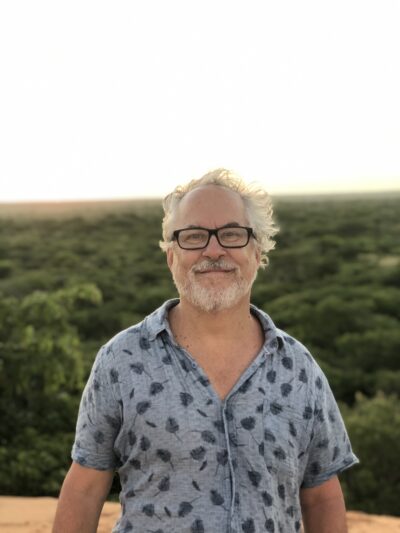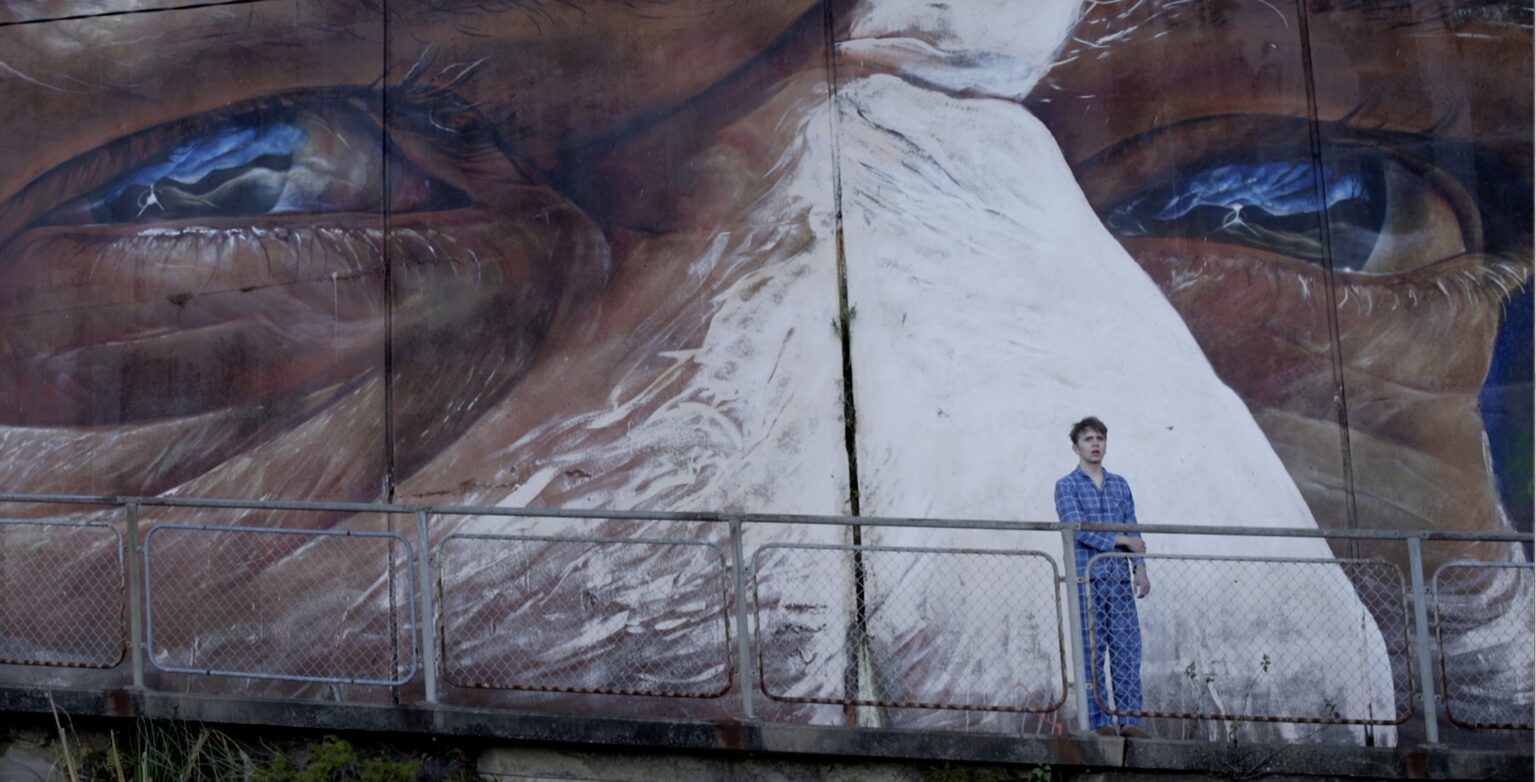
“Better than any drug, beverage, book or dream. Cinema is escapism like no other. To suspend whatever is going on in your life, and take some time out to immerse yourself in stories sensual, subtle or sensational playing out on a big screen is nourishment for the brain and the soul. Always has and always will. In the 21st Century our lives are dominated by screens, computers, smarts phones, television, train schedules, busily imitating life while life plays out in front of us. But nothing matches the anticipation and joy of the cinematic experience. This is where our heart swells as two people fall in love. Or our hearts break as the noble quest is defeated by tyranny. This is where we challenge the status quo, gain insights into the human condition in all of its forms, forget our own problems, are inspired to do better, or simply make fun of our irrational species. Cinema projects the possible and celebrates the life we live in.”
This is Ben Ulm’s second short film offering, having written and co-directed the mock-umentary “The Making Of The Darlings” for Australia’s Tropfest Competition a few years before. Ben’s professional career, to date, has been in documentary and unscripted television content. Ben graduated from Mitchell College of Advanced Education in 1983 with a Bachelor of Arts/Communications (Broadcast Journalism/Documentary). Storytelling is in his blood. Both parents were journalists. His career in documentary has introduced Ben to incredible worlds and the sometimes bizarre extremities of the human condition. Documentary titles, directed or written by Ben, include Taboo, The Last Warriors, Medical Incredible, In Surgery & Awake (aka When Anaesthesia Fails), You Swallowed What? And a library of other, let’s say, unconventional topics.
Ben, what was your intention towards the character and the audience behind the decision of making Arnold -the protagonist- the omniscient first person narrator and the one who addresses the viewer directly at times as well?
I wanted this story to be told in the first person, Arnold’s perspective. This is the world as he sees it, with his handicap standing out and ruining his chances of love. This allows for the exaggerated examples, slapstick, of the ruined dates, but also his empowerment moments after the epiphany that the problem isn’t his hand, it’s his attitude towards his hand. By breaking the fourth wall, he’s sharing his experience with us and we are watching and laughing at his discomfort without feeling as though we are mocking the disabled. This was very important, that the humour is self- deprecating. We all see ourselves this way: a mole on our chin, a slight stammer, being shorter or taller than average….in our mind’s eye these ‘defects’ are a lot more exaggerated than the rest of the world sees us. We are not as bad as others see us, and we make those defects worse by projecting. Arnold is taking us on his journey in a self-deprecating way, dating disasters, awkward moments in elevators with strangers. We break into actuality when he’s visiting his specialist, when Jack drags him from bed in the early hours, and when he’s performing stand-up comedy (finally comfortable in his skin). The empowerment of his realisation plays out in slapstick exaggerated form, master jazz pianist, artist, cricket umpire. Hopefully the device works, combining humour, heart and a little bit of insight to connect with the audience and give them something to take away.
Do you agree with Sigmund Freud when he compares falling in love with a kind of sickness? Or is it for tiny-minded people to consider love among mental disorders? (Such as Arnold accuses Reg of)

The young Acting Ensemble you put up is just amazing. How challenging was it to cast these young actors and actresses according to the roles you had written before meeting them?
This was the most joyous part of making the film. Laurence Boxhall had to be my lead. I approached him, shared the script, and he shared my enthusiasm for the story. He was in his final year (Year 4) of Australia’s best acting Academy, NIDA. He cast the rest of the young characters, from his graduating peers who were all looking for experiences to add to their showreels. I cast the older characters (the doctor, the elevator strangers). There is nothing more gratifying, that I can think of, than having young talent bring your words to life. They captured the sentiment, prepared for their roles (no matter how small), and added value with nuance and charisma. They were a pleasure to direct.
